Building Roots and Wings at Castle Mead Academy
Castle Mead Academy wants you to have a successful future! You will be given lots of support to develop key employability skills as well as knowledge and understanding of the broad range of options available to you when you leave Castle Mead Academy. We offer advice and guidance throughout your time with us and also ensure that you have access to information around the world of work at all stages of your educational journey. We will inspire you to be ambitious and develop the skills and confidence to make well-informed decisions in preparation for the next phase of your education, training and place within the world of work.
Learning in each year has a key focus
Year 7 – Awareness
“How is what I am learning in school now preparing me for the wide range of future pathways and careers available to me?”
Year 8 – Explore
“As I learn more about the world of work and the labour market, what aspirations do I have for my own careers journey?”
Year 9 – Consider
“How can I prepare to make informed decisions about my future?”
Year 10 – Experience
“How can I develop my employability skills further and articulate what I have to offer to potential employers and post 16 providers?”
Year 11 – Decide
“Which post 16 pathway am I going to take and how do I prepare myself for success at this next stage in my careers journey?”
Throughout each term, you will build upon your knowledge and experiences through a specific careers curriculum, learning within PSHE and Citizenship lessons, links throughout the curriculum, inspirational activities including assemblies, visiting speakers, workshops and trips and impartial advice and guidance.
How to access support
You will find lots of useful information within the careers pages of the Castle Mead Academy website. If you have a generic careers related enquiry, please email [email protected]
The Castle Mead Academy careers team:
- Mrs Walker, Careers Leader – You can contact Mrs Walker, via [email protected]
- Miss Robertson, Assistant Careers Leader – You can contact Miss Robertson, via [email protected]
- Mr Flanagan Independent Careers Advisor – You can usually find him in 006 on Mondays.
Your form tutor, pastoral team and subject teachers are all here to help you too. Family and friends can also be great additional sources of support.
Post 16 pathways when you leave Castle Mead Academy
It is compulsory for young people to be in education or training until the age of 18. There are plenty of different routes to go down when you turn 16, whether that’s going to college to do A levels or a vocational course like a T level, or starting to earn while learning as an apprentice. You can choose:
- a full-time course at a college studying for A levels, a T level or a vocational course
- learning while you earn on an apprenticeship, traineeship or study programme
- spending 20 hours or more a week working or volunteering, while in part-time education or training.
The DfE Skills for Careers website sets out the different routes open to you and supports you exploring your next steps.
Four main post 16 pathways
A levels – Advanced level qualifications (known as A levels) are subject-based qualifications that can lead to university, further study, an apprenticeship or work. You usually study A levels over two years and most students choose three subjects to study. A levels are usually assessed by a series of examinations.
Apprenticeships – An apprenticeship is a paid job where the employee learns and gains valuable experiences. Alongside on-the-job training, apprentices spend at least 20% of their working hours completing classroom-based learning with a college, university or training provider which leads to a nationally recognised qualification.
Vocational Technical Qualifications (eg BTECs or Cambridge Nationals/Technicals) – VTQs are practical qualifications designed to give you the skills and experience you need for a certain job. They might be for you if you have a strong interest in working in a particular industry. There are over 2,000 different subjects available across the different VTQs. Each subject focuses on a specific job or a broad employment area, such as childcare, engineering or IT.
T levels – T levels are new two-year courses equivalent to three A levels. They launched in September 2020 to students in England. Leading businesses and employers helped design T Levels to help to ensure that the content meets the needs of industry and prepares students for work. T-Levels offer students a mixture of classroom learning and ‘on-the-job’ experience; this will include a 45-day work placement, so T levels will be more suited to students who know what occupation or industry they want to move into. What are T Levels video – GOV.UK (www.gov.uk)
Supported internship (if you have an EHCP) – A supported internship is an unpaid work-based study programme. An internship can help you to make the transition from education to the workplace, while gaining the skills you need.




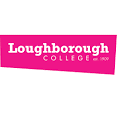


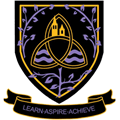
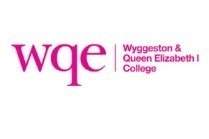
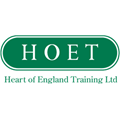
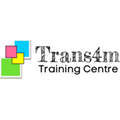


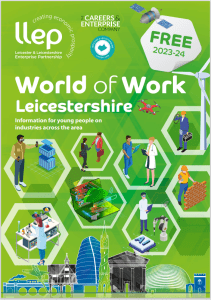
 Growing A Community Of Excellence
Growing A Community Of Excellence